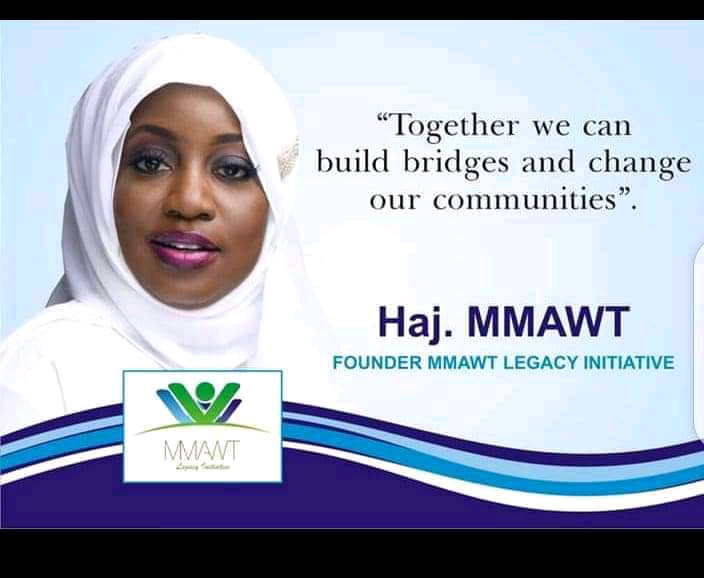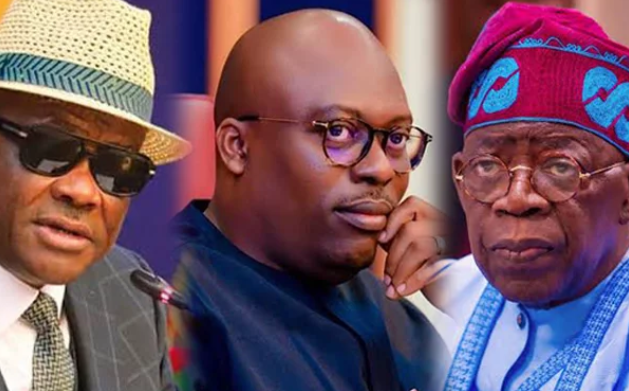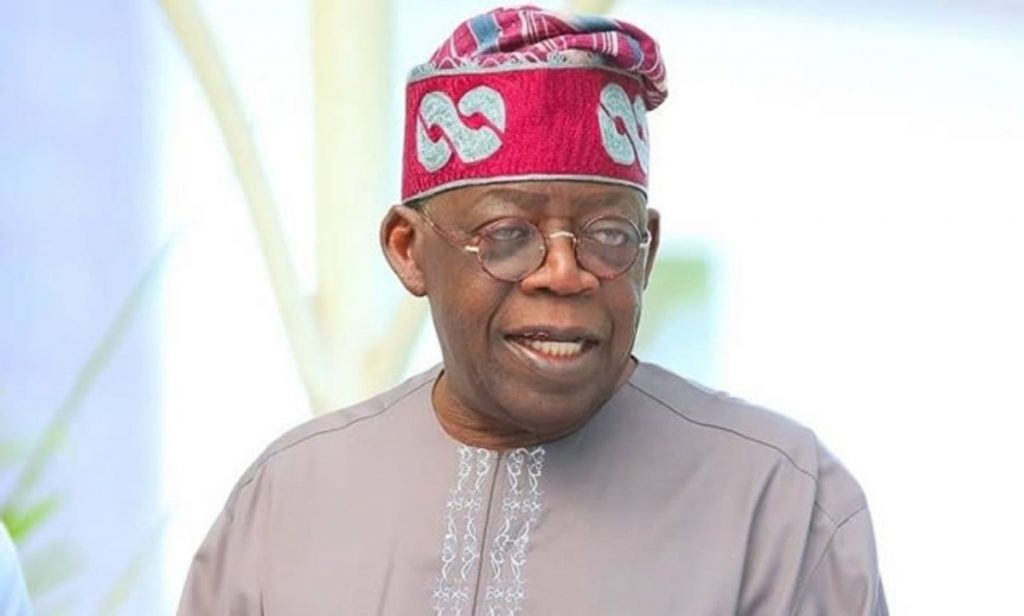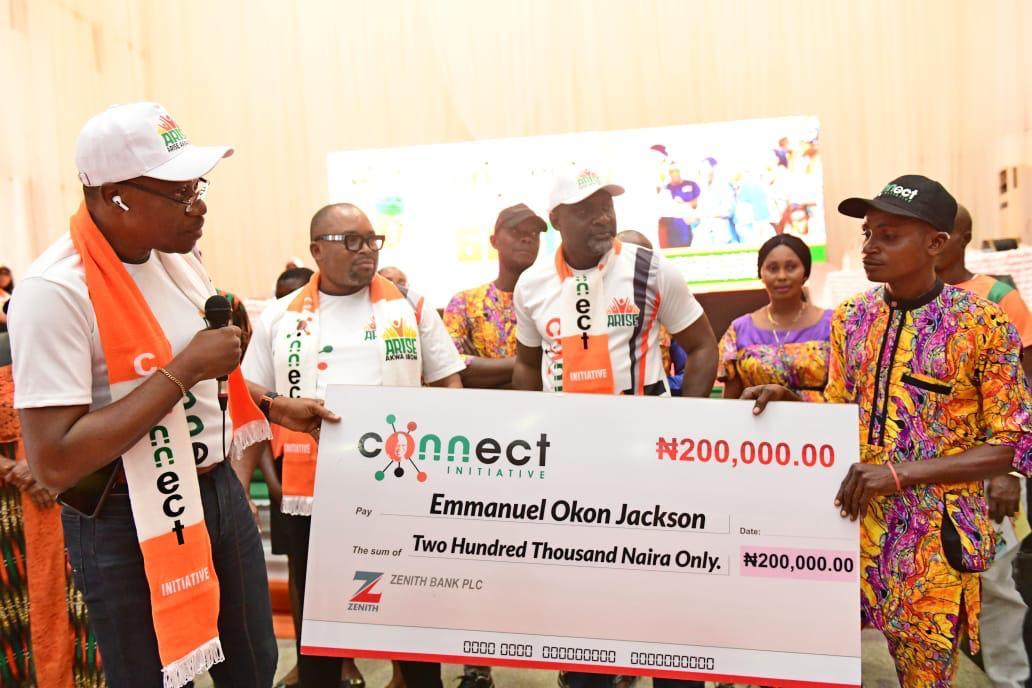OPEN TALKING POINTS FOR AWLA CONVERSATIONS ON WOMEN AND LEADERSHIP
1. Statistics on women’s representation in Nigeria
Women make up about 49 per cent of the Nigerian population and nearly one out of four women in sub-Saharan Africa is a Nigerian. While this presents potential human resources that can be harnessed to enhance economic productivity; the disparities in social and economic opportunities between men and women have never been starker. Nigeria has the lowest number of female parliamentarians in sub-Saharan Africa and ranks 133rd in the world for female political representation. Women own only 20 per cent of enterprises in the formal sector and only 11.7 per cent of Board Directors in the country are women. Although it must be acknowledged that the country has made some progress in closing the gender gap in certain areas ie primary school enrollment rates, gender equality still remains in a deplorable state and these statistics reveal that there is still so much work to be done.

There is an urgent need to adopt a more holistic approach to the inclusion of women that comprise various stakeholders in society. The government has to take the lead by championing initiatives and implementing polices that advance the cause of women while the private sector should adopt codes of conduct which strongly acknowledge the need for gender diversity. Civil society on the other hand has the responsibility of holding the government and private sector accountable as well as embarking on initiatives to enlighten and empower women.
The need for government to be at the forefront of the fight for gender equality can never be overemphasised. In Canada, for instance, Prime Minister Justin Trudeau sent a strong signal of his commitment by creating a cabinet with an equal number of men and women. By contrast, Nigeria’s President Muhammadu Buhari missed this strategic opportunity as only 16 per cent of his cabinet members are women. This is in violation of the national gender policy which requires a minimum of 35 per cent female representation on the President’s cabinet. In addition to this, only 7 out of the 109 Senate seats and 14 out of the 360 House of Representative seats are occupied by women.
2. Comparative analysis of Nigeria with other African countries that have achieved adequate gender representation or affirmative action (case in hand, Rwanda).
There are multiple factors. Some are related to the political party systems and structures. For instance, the high cost of politics prevents women from standing for positions. Often women don’t have enough money to pay for the mandatory expression of interest and nomination forms required by political parties to run for positions on their platforms. In addition, election campaign costs are exorbitant. And poor access to education means poor access to gainful employment. Unpaid labour burdens, unequal inheritance rights and outright discrimination also mean that women are less likely to be able to afford to follow through the process of getting leadership positions.

There are also societal factors that impede women’s representation. They include cultural or religious norms surrounding marriage, indigeneship – a concept that recognises only ethnic groups native to a particular state – and the structures that portray women as subordinate to men.
Even educated women face hindrances. They encounter gender stereotypes that assign leadership to men, sexual assault, pay gaps and unpaid labour, including child care and housework, placing them at a disadvantage.
There is also a lack of political will and effective government action.
The media give poor coverage to female candidates. It’s not the same as the coverage men get. Women candidates are often subjected to gender related electoral violence, threats and hate speech because of the perception that women want to get what is traditionally men’s.
As about half of the population are women, their participation will create a balance of power between genders. This is an indicator of development in any society. Over the years, I’ve witnessed a rise in the number of women serving in elected and appointed political position, the world over. But that is not the case for Nigerian women.

The full and equitable participation of women in public life is essential to building and sustaining strong, vibrant democracies. When women are not participating in politics, it’s less likely that policies will benefit them. Women need to participate to bring attention to issues that uniquely affect them, and to change attitudes towards gender.
Why have attempts to get more women into leadership positions failed?
Policies, protocols, conventions and quota systems are rooted in the concept of compensatory justice: compensating specific individuals who were wronged or marginalised. But there are polarising reactions to affirmative action.
Some people argue that it is a systematic way of achieving both equality and reparation, without force. Others feel it undermines the democratic concept of equality of opportunity and argue that women should be given a chance to compete equally with men. These polarising schools of thought limit the efficiency of protocols, conventions and quota systems as ways to get women into leadership.
Also, customary laws often clash with the goals of protocols and conventions.
Countries like Rwanda and South Africa have used a quota system to pave the way for women representation in politics. In Rwanda, over 50% of political positions are held by women. Affirmative action or a quota system provides role models. Seeing women in positions of power can encourage others to confidently aspire to leadership positions.
Affirmative action also promotes diversity and increases opportunities for a disadvantaged group. It can decrease the potential for conflict as members of society begin to find themselves at the same level, politically, economically and socially.
3. Exclusion of women in decision making tables has fueled insecurity and underdevelopment in Nigeria.
There is growing recognition of the untapped capacity and talents of women and women’s leadership.
The full and equitable participation of women in public life is essential to building and sustaining strong, vibrant democracies.
Accordingly, the meaningful participation of women in national, local, and community leadership roles has become an important focus on global development policy. Still, some may ask why it matters if women become political leaders, elected policymakers, or civil society activists. Why does the world need more women involved in all aspects of the political process? Women’s political participation results in tangible gains for democracy, including greater responsiveness to citizen needs, increased cooperation across party and ethnic lines, and a more sustainable future.
Women’s participation in politics helps advance gender equality and affects both the range of policy issues that get considered and the types of solutions that are proposed. Research indicates that whether a legislator is male or female has a distinct impact on their policy priorities. There is also strong evidence that as more women are elected to office, there is a corollary increase in policy making that emphasizes quality of life and reflects the priorities of families, women, and ethnic and racial minorities.
In the words of the National Democratic Institute’s (NDI) Chairman Madeleine Albright, women in power “can be counted on to raise issues that others overlook, to support ideas that others oppose, and to seek an end to abuses that others accept.”
Around the world more than men, women tend to:
-work across party lines
-be highly responsive to constituent concerns
-help secure lasting peace
-encourage citizen confidence in democracy through their own participation, and prioritize health, education, and other key development indicators.
Women’s engagement is crucial and it is important to recognize that women are not a homogeneous group. Depending on whether women are young or older, educated or uneducated, live in rural or urban areas, they have very different life experiences that lead to different priorities and needs. Moreover, not every woman elected to parliament or another legislative body will place women’s issues or rights at the forefront of her own agenda. Clearly, women’s representation is not the only factor, but it is a critical factor for the development of inclusive, responsive, and transparent democracies.
SOLUTIONS
a) The ongoing Constitution Review Process to create gender balance and parity in political and elective offices in Nigeria.
As the supreme law of the Federal Republic of Nigeria, the constitution in its current form alludes to the ‘male-as-norm’ ideology and the relegation to anonymity of the female gender.
Without the appropriate legislative provisions that mandate equity and fairness, increased women’s representation is nothing but wishful thinking!
Last year, an organization (ElectHER) submitted a memo to the Senate Committee on the Review of the 1999 Constitution.
The Senate President- Senator Ahmad Ibrahim Lawan announced a resolution by the Senate, to amend the Nigerian Constitution to ensure gender parity, enact laws to improve the fortunes of women and girls, and expunge provisions that infringes on their rights.
This is indeed a welcome development as we look forward to a swift, progressive, inclusive, transparent and accountable review process.
b.) Advocacy for women to support each other and demand political spaces
One of the pillars of UN Women’s work is advancing women’s political participation and good governance, to ensure that decision-making processes are participatory, responsive, equitable and inclusive. Efforts are focused through strategic entry points that can advance the status of women by catalysing wide-ranging, long-term impacts.
Support is provided to equip women to translate the Convention on the Elimination of All Forms of Discrimination against Women (CEDAW), now ratified by the majority of the world’s governments, into legal guarantees of gender equality. Another strategy is through working with multiple stakeholders, like women’s organizations, governments, the UN system and the private sector, to bring more women into government, train women leaders, and boost women’s skills to actively participate in elections as candidates and voters.
c) The need to invest in educating and empowering women and girls
A majority of the world’s poor are women, and gender inequality pervasive in countries around the world is a key reason for this occurrence. Women face barriers to obtaining education and entering the economy that men do not — globally, 33 million fewer girls than boys are enrolled in primary education, and women constitute 61 percent of the illiterate population between the ages of 15 and 24.
Empowering women through education and entrepreneurship reduces poverty by increasing their employability and enabling them to provide for their families and contribute to the economic development of their communities.
Without education, girls are more likely to be trafficked or become child brides; it is also more likely that women and their families will live in poverty. Education is crucial to the reduction of poverty, as it enables women to acquire jobs, help provide for their families and contribute to their local economy.
Women’s incomes rise between 10-20 percent per year of education they receive. This rise in income can be the factor that raises families out of poverty, as women reinvest 90 percent of their incomes into their families (50-60 percent more than men do). This can improve a family’s economic status and increases its food security.
However, many women and girls do not receive the education they need to acquire good jobs. Even women who can obtain an education are not guaranteed work in some developing countries where social norms relegate women to the domestic sphere. In fact, these options can often consign women to duties of housework and childcare and discourage them from entering the workforce.
By empowering women through education and entrepreneurship, women can break down these social norms that restrict not only their own success, but also the prosperity of their communities.
d.) Mentorship programs for women who are interested in join the politics.
Promoting and supporting young women’s engagement in politics is not without challenges. Historically, patriarchal norms, electoral system structures and male-dominated political cultures have put up barriers to young women’s participation in politics. More recently, a multiplication of approaches to political action, and a diversification of the means through which this political action happens (e.g. social media), has perhaps lowered some barriers to young women’s participation while raising others. Yet, despite these challenges and developments, promoting young women in formal politics remains crucial for the vitality of democracy.
Founder MMAWT Legacy Initiative
Hajiya MMAWT

 News6 years ago
News6 years ago
 Featured6 years ago
Featured6 years ago
 Boss Picks6 years ago
Boss Picks6 years ago
 Headline6 years ago
Headline6 years ago
 Headline6 years ago
Headline6 years ago
 Headline5 years ago
Headline5 years ago
 Headline6 years ago
Headline6 years ago
 Headline6 years ago
Headline6 years ago
































